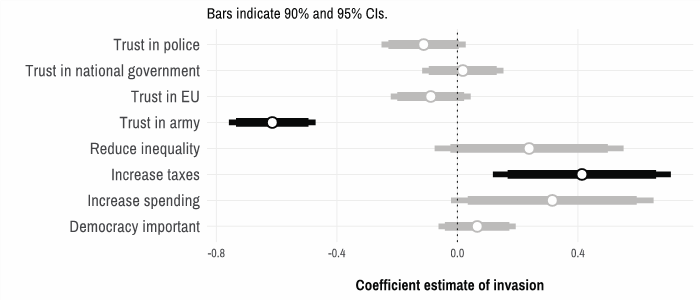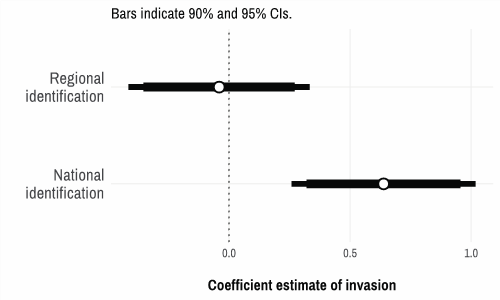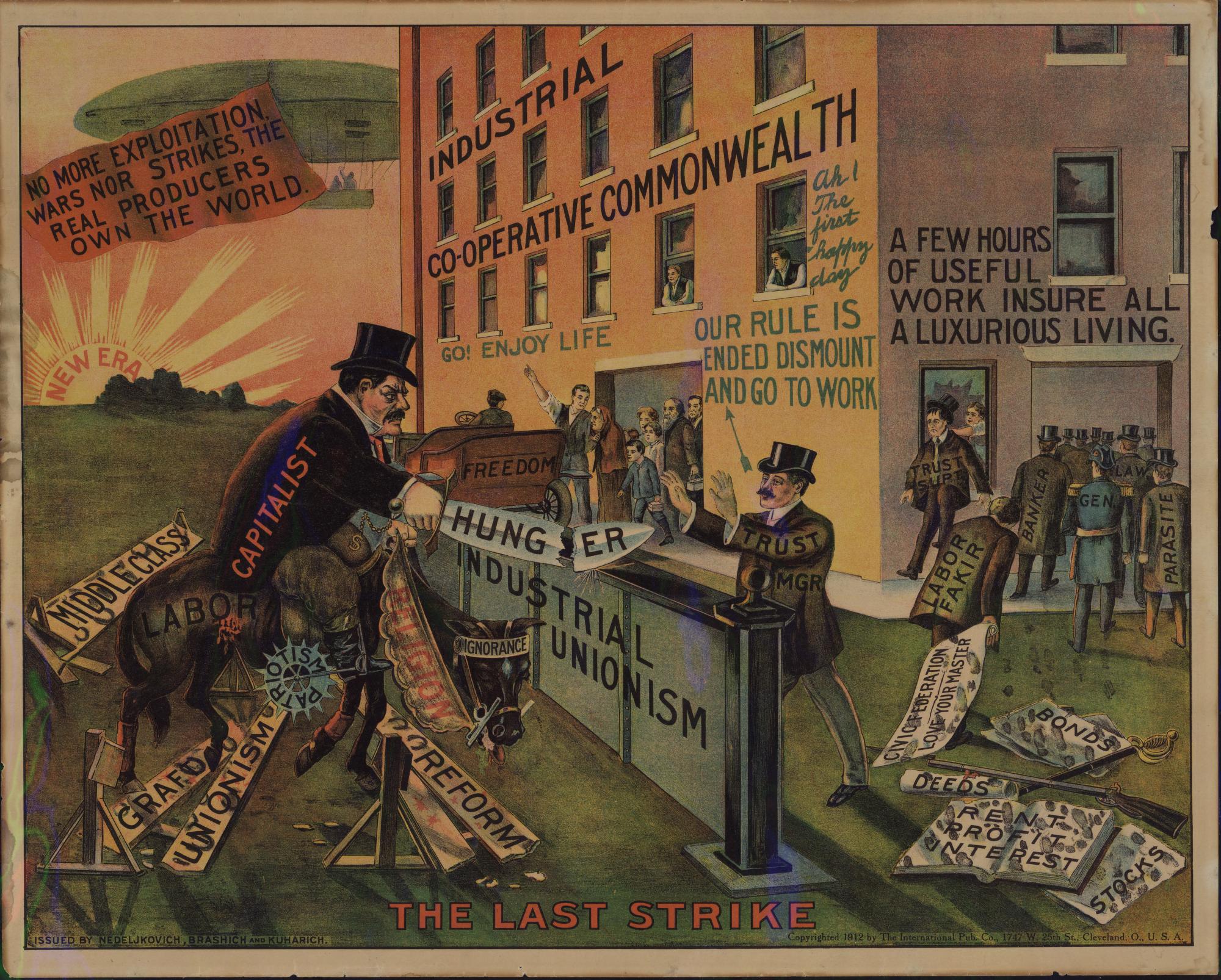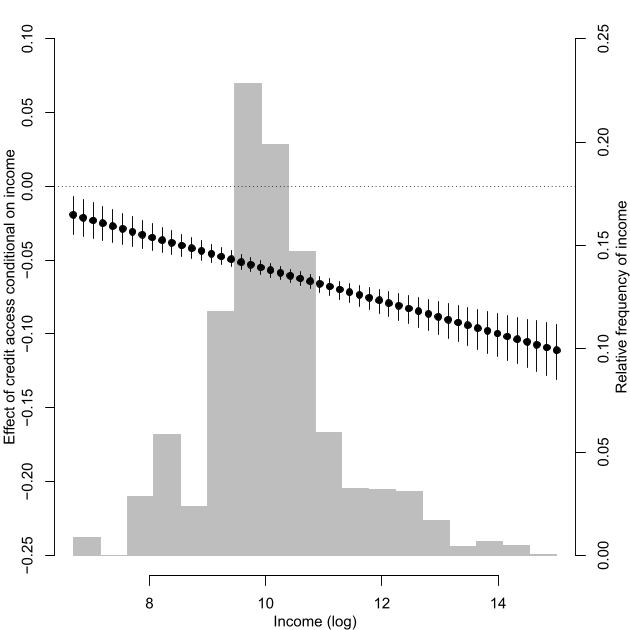How public opinion responds to wars and other crises has intrigued scholars for years. Previous studies have made it clear that events like the attacks of September 11th can trigger increases in patriotism, xenophoboia and support for more aggressive security policies. While there are numerous examples of public opinion reacting to security threats that took place within the country, we know much less about whether public opinion responds to events abroad. Can “the wars of others” shift public opinion at home?
How the Spanish public responded to Russia’s invasion of Ukraine
We look at this question by analyzing how public sentiment in Spain responded to the 2022 Russian invasion of Ukraine—an event that reverberated across Europe. Spain’s unique historical and cultural landscape makes it an intriguing case study. In contrast to countries like the United States, some people in Spain identify more strongly with a substate territory (e.g., Catalonia) than Spain itself. Relative to other European countries, Spain is also culturally and geographically distant from Ukraine. These factors make Spain a “hard test” for whether wars abroad can influence opinion at home. At the same time, there were strong expectations at the onset of the invasion that war could threaten citizen’s economic and physical security in Spain and throughout Europe.
To explore the impact of the Russian invasion on Spanish attitudes, we take advantage of the fact that we happened to be fielding an online survey in Spain when the invasion began in March 2022. This allows us to compare attitudes before and after the invasion with a minimal time gap, providing valuable insights into the causal effects of the conflict.
More nationalism, more civic engagement
The findings are nothing short of fascinating. For one, the Russian invasion had a notable effect on the salience of Spanish national identity among our survey respondents. On the one hand, we observe the main result even when we look at left-leaning and right-leaning respondents separately. On the other hand, this surge in Spanish nationalism did not come at the expense of substate identities, such as those found in Catalonia and the Basque Country. Indeed, we do not find an increase in Spanish nationalism among Catalan or Basque nationalists, which is expected.
The study also revealed an increase in civic engagement, particularly in terms of voting intention, following the invasion. At the same time, there was no corresponding improvement in attitudes toward Spain’s political leadership, which suggests that the conflict had a unifying effect on the nation without triggering the traditional “rally around the flag” response.
Interestingly, when we look at other outcomes, we find that after the invasion, respondents were less trustworthy of the Spanish armed forces, which we interpret as the consequence of an increased salience of the threat of international conflict and the perception that the Spanish military might be ill-prepared. The fact that the invasion also made respondents more supportive of increasing taxes is coherent with this idea, as taxation is a way to strengthen the state.

What have we learned?
The implications of this study reach beyond Spain’s borders. It underscores the fact that distant wars can have important effects on the domestic attitudes of citizens in third-party nations. These effects are likely driven by perceived threats and a sense of insecurity, which seem to help strengthen identification with the nation-state. Our study reveals the intricate interplay between global conflicts and domestic politics. As we continue to navigate an interconnected world, understanding these dynamics becomes increasingly essential.
Notes
Fig. 1 shows the effect of invasion on national and regional identification.
This blog piece is based on the forthcoming Journal of Politics article “The Wars of Others: The Effect of the Russian Invasion of Ukraine on Spanish Nationalism” by Laia Balcells, Juan Fernando Tellez, and Francisco Villamil
The empirical analysis has been successfully replicated by the JOP and the replication files are available in the JOP Dataverse.
About the Authors
Laia Balcells is a Professor of Government at Georgetown University. Her research explores the causes and consequences of political violence and repression, warfare dynamics, nationalism and ethnic conflict, and transitional justice.
Juan Fernando Tellez is an Assistant Professor of Political Science at University of California, Davis. His research focuses on peace, security and development.
Francisco Villamil is an Assistant Professor of Political Science at Universidad Carlos III de Madrid. His research is focused on the causes and consequences of civil wars and political violence.




